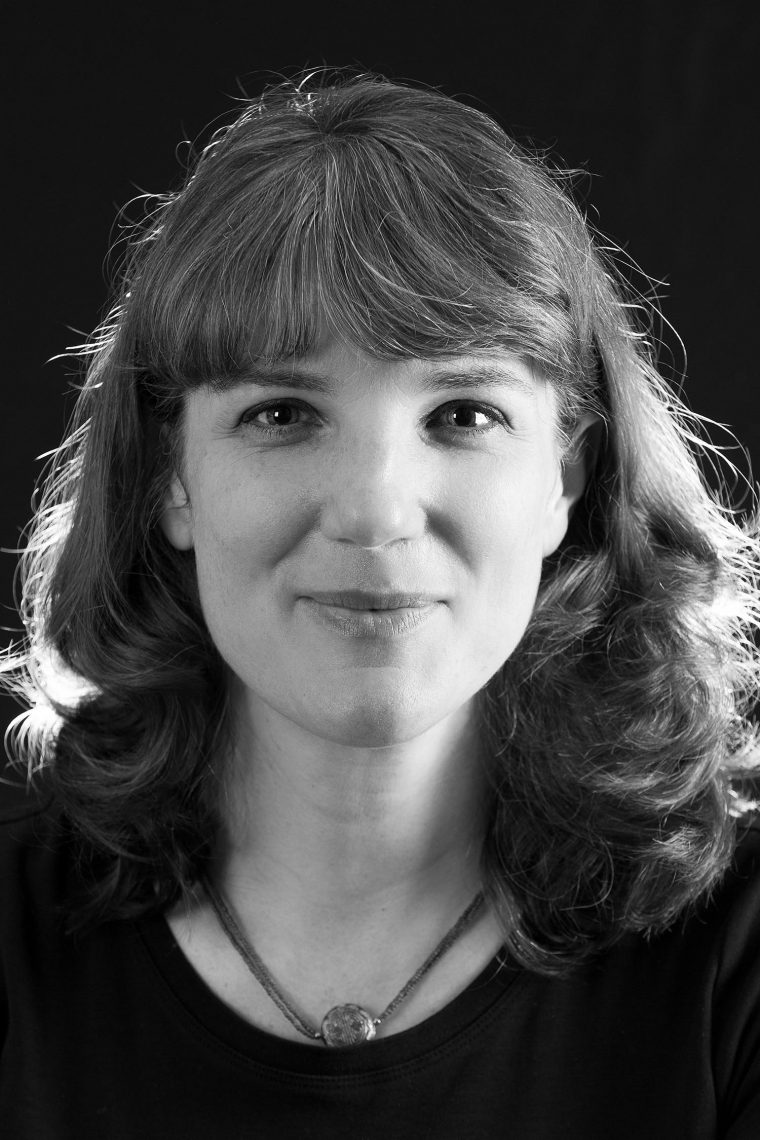Dierker to Teach Passion-Driven Statistics As Fulbright Specialist


As a recipient of a Fulbright Specialist Award, Professor Lisa Dierker hopes to connect with academic partners across the world sharing her expertise and excitement in support of data analytics.
“High quality, accessible and manageable data have never been so critical to the well-being of people around the world,” Dierker said. “Increasing capacity to identify, gather and analyze relevant data is a key pathway for better-informed decision-making and will create a larger, more diverse workforce.”
Dierker, Walter Crowell University Professor of Social Sciences, professor of psychology and education studies, is a co-creator of Wesleyan’s “Passion-Driven Statistics” model, a data-driven, project-based introductory curriculum backed by the National Science Foundation. This flexible curriculum engages students from a range of disciplines with large, real-world data sets and code-based analytic software (e.g. SAS, R, Python, Stata, etc.), providing experience in the rich, complicated, decision-making process of real statistical inquiry. The model is being taught nationwide in colleges and universities and has reached more than 50,000 people worldwide through the Coursera class, Data Analysis and Interpretation, taught by Dierker and Jennifer Rose, professor of the practice in the Center for Pedagogical Innovation.
With the support of the Fulbright Specialist Award—which spans four years—Dierker will be able to expand her efforts teaching the model on a global scale and hopes to “support as many institutions as possible during [her] term.”
“As a Fulbright Specialist, my aim will be to help the host institution abroad reap the kind of rewards that U.S. programs have seen,” Dierker said. “Published research has shown that the Passion-Driven Statistics curriculum attracts higher rates of students from marginalized groups in the U.S., as well as students earlier in their educational careers when compared to a traditional statistics course. Students also are more likely to report increased confidence in working with data and increased interest in pursuing advanced coursework.”
Dierker, who uses quantitative methods in her own research on addiction and mental health, began her worldwide teaching efforts during the 2020 fall semester. Through weekly Zoom meetings, she met with lecturer Adi Cilik Pierewan, who teaches Statistics for Social Sciences at Universitas Negeri Yogyakarta in Yogyakarta, Indonesia. Pierewan has successfully implemented the Passion-Driven Statistics model in his course as a way of engaging students in original research.
“One of my main interests is teaching quantitative methods for social sciences students,” Pierewan said. “I found the Passion-Driven Statistics model enriches our teaching materials. I have applied the model and found it really useful for our students in learning statistics through real data.”
Dierker’s also starting her second collaboration with Patrick A. Palmieri at Universidad Norbert Wiener in Lima, Peru. Palmieri has already implemented the Passion-Driven Statistics model in a new diploma program called Thinking Quantitatively and the duo is planning to meet in person at both Norbert Wiener and Wesleyan when COVID-19 travel restrictions are lifted.
In addition, Ashesi University in Ghana, West Africa, adopted the innovative curriculum for its introductory statistics course in 2015 and now engages more than 200 students each year in authentic quantitative research. (Watch the class’s 2019 poster session in this video.)
Dierker, who is an advisory board member of Wesleyan’s Center for Pedagogical Innovation and the Center for Global Studies, said the project is a win-win for both the host institution and Wesleyan.
“Part of the work of the university is envisioning learning and research in the context of global connections,” she said. “My work with a host institution abroad increases the international mobility of Wesleyan as well as the vibrancy of ongoing global discussions on campus. It also promotes the potential of an ongoing international partnership beyond the term of the Fulbright Program.”

